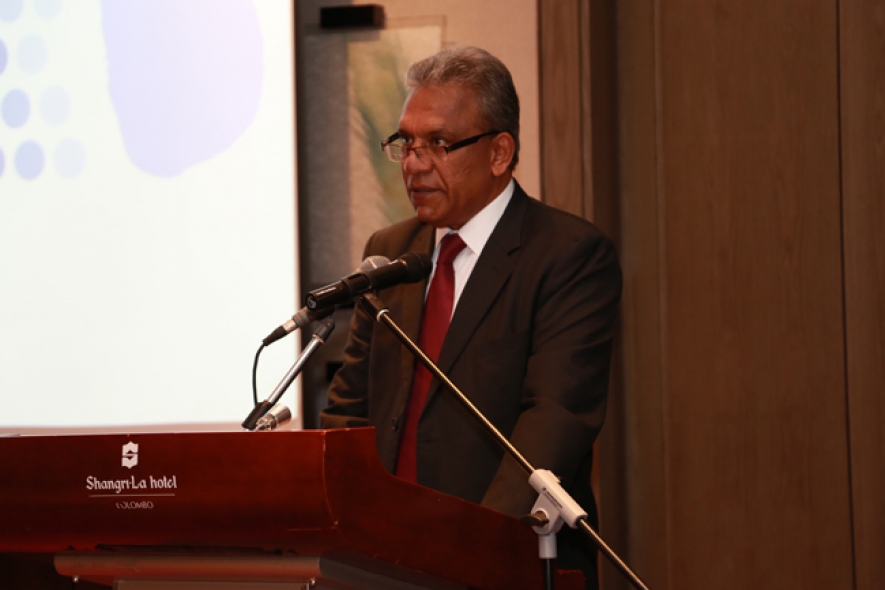"Today marks a historic date that symbolizes our collective readiness in addressing challenges in Sri Lanka's border management," Defense Secretary Kapila Waidyaratne said delivering the keynote address as the Chair of the NBMC at the launch on Wednesday. He further noted that the strategy introduces a "smart border concept because it aims to move away from reactive to more proactive intelligence driven by risk-based border control."
While still recognizing the autonomy of individual border agencies, integration aims to promote inter-agency collaboration with a view to improving the border environment, including enhanced risk detection and prevention, and increased service to the public, industry partners, businesses and other stakeholders, while maintaining compliance with international standards to align with global security and service standards for border-related matters.
Central to border management is upholding and enhancing national security. To this end, all migration and trade should be ideally conducted using intelligence-driven and risk-based principles. This can assist in assessing and quickly clearing the majority of people and goods, while expending resources on people and goods that pose a risk or require interception, such as those involved in transnational organized crime (smuggling harmful drugs and narcotics, contraband, people smuggling and trafficking, or presenting a hazard to public health or a risk to bio-security).
Efficient and effective border management not only contributes to secure borders, but also facilitates the smooth movement of people and goods across borders as well as increasing regional and international trade and transits - a key prerequisite for economic growth and poverty reduction. This includes streamlining movement of people and goods, while also considering security impacts. Development challenges are complex; collaborative and coordinated approaches along with the introduction of enhanced technologies are required to ensure sustainable growth.
As evidenced by the launch of Sri Lanka's new Integrated Border Management Strategy, agencies involved in border processes are required to review their policies and practices that impact on migration and trade for alignment with efficient, secure and client-focused services.
"Every county must have a strategy to manage entry and exit of people across their borders," stated Controller General of the Department of Immigration and Emigration Nihal Ranasinghe. "Sri Lanka is no exception. In this context [the] event introducing a new border management strategy for Sri Lanka has a high national significance."
"At a time when Sri Lanka is experiencing an increased cross-border movement of people and goods as a result of rapidly rising trade and tourism, a revitalized economy, and increased economic and cultural ties with other countries, this new integrated border management strategy can greatly assist the government in achieving the twin objectives of maintaining national security and fostering economic development" commented IOM Sri Lanka Chief of Mission Giuseppe Crocetti.
The development of the Sri Lanka Integrated Border Management Strategy was supported by IOM as a part of a broader technical assistance program funded by the Government of Australia through its Department of Home Affairs.




















